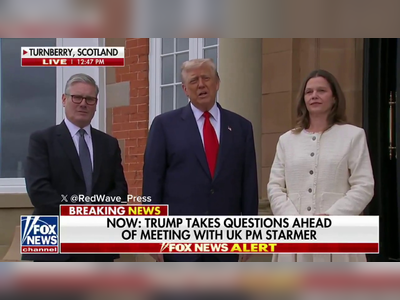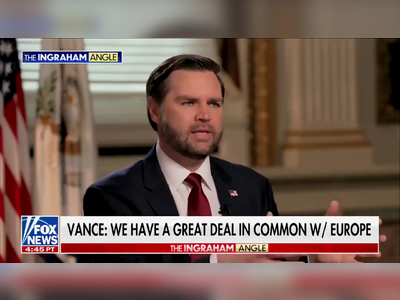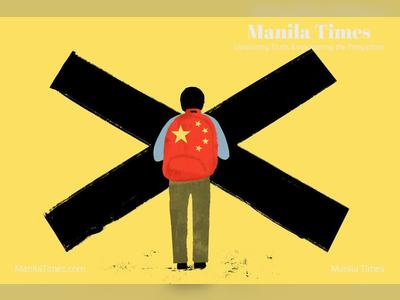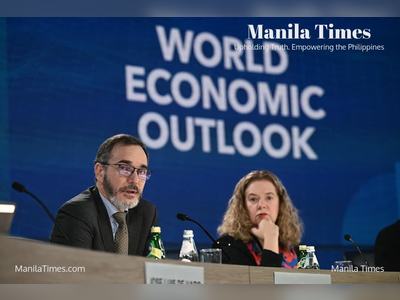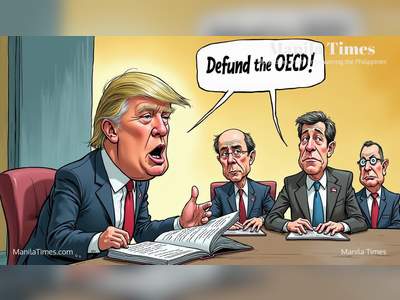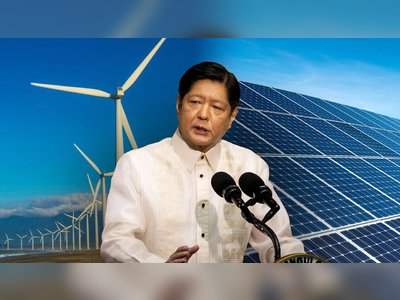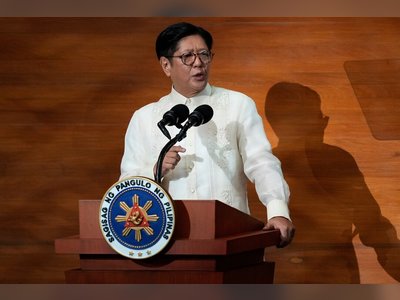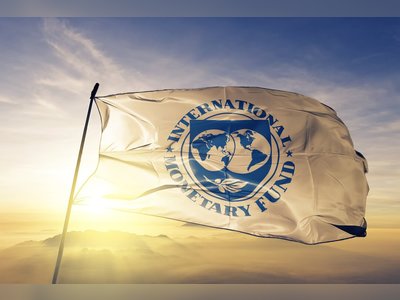Manila Times
Upholding Truth. Empowering the Philippines
Wednesday, Jul 30, 2025
The Nation's Story is Told with Honor
US and China Extend Trade Negotiations Amid Ongoing Tensions
Officials from both nations are convening in London for a second day of discussions to address tariff disputes and export restrictions.
Officials from the United States and China are continuing trade negotiations in London, aiming to stabilize an existing tariff truce amidst heightened tensions over export controls.
The two-day talks began on Monday at Lancaster House, a venue managed by the UK Foreign Office, following prior discussions held in Geneva last month.
Leading the Chinese delegation is Vice Premier He Lifeng, accompanied by Commerce Minister Wang Wentao and China International Trade Representative Li Chenggang.
The U.S. team is headed by Treasury Secretary Scott Bessent, Commerce Secretary Howard Lutnick, and Trade Representative Jamieson Greer.
Sources familiar with the negotiations indicated that discussions concluded Monday evening and are set to resume Tuesday at 10:00 AM local time (09:00 GMT).
The trade meetings occur in the context of accusations from Washington claiming Beijing has not adhered to the Geneva agreement aimed at reducing high tariffs.
A prominent issue under negotiation involves the export of rare earth elements from China.
Kevin Hassett, Director of the White House's National Economic Council, noted that while some supplies were being released, the pace was slower than expected by U.S. companies.
President Donald Trump recently expressed optimism about the talks, stating he was receiving positive reports.
Following his recent telephone call with President Xi Jinping, Trump referred to the discussions as reaching a 'very positive conclusion'.
Hassett remarked that expectations for the negotiations include a 'big, strong handshake' and indicated that U.S. export controls may be eased, leading to increased volumes of rare earth exports.
Relations between Washington and Beijing have deteriorated significantly since Trump's administration began.
A trade war has escalated, resulting in precise tariffs that have nearly led to an effective embargo.
The Geneva agreement temporarily reduced the enormous tariffs that had risen, with the U.S. tariffs on Chinese goods lowered from 145 percent to 30 percent, while China reduced its retaliatory tariffs from 125 percent to 10 percent.
However, Trump has criticized China for 'totally violating' the agreement, primarily concerning rare earth shipments, which are critical for technologies such as electric vehicle batteries.
In light of the ongoing discussions, China has also sought to engage with other trading partners, including Japan and South Korea, to establish a united front against U.S. tariffs.
Last Thursday, agreements were reached between Beijing and Canada to regularize communication amid strained relations.
Additionally, China has proposed the creation of a 'green channel' aimed at accelerating the export of rare earth minerals to the European Union and expediting license approvals for specific exports.
A U.K. government spokesperson reported that Finance Minister Rachel Reeves engaged with her U.S. and Chinese counterparts during the London trade talks on Sunday.
The two-day talks began on Monday at Lancaster House, a venue managed by the UK Foreign Office, following prior discussions held in Geneva last month.
Leading the Chinese delegation is Vice Premier He Lifeng, accompanied by Commerce Minister Wang Wentao and China International Trade Representative Li Chenggang.
The U.S. team is headed by Treasury Secretary Scott Bessent, Commerce Secretary Howard Lutnick, and Trade Representative Jamieson Greer.
Sources familiar with the negotiations indicated that discussions concluded Monday evening and are set to resume Tuesday at 10:00 AM local time (09:00 GMT).
The trade meetings occur in the context of accusations from Washington claiming Beijing has not adhered to the Geneva agreement aimed at reducing high tariffs.
A prominent issue under negotiation involves the export of rare earth elements from China.
Kevin Hassett, Director of the White House's National Economic Council, noted that while some supplies were being released, the pace was slower than expected by U.S. companies.
President Donald Trump recently expressed optimism about the talks, stating he was receiving positive reports.
Following his recent telephone call with President Xi Jinping, Trump referred to the discussions as reaching a 'very positive conclusion'.
Hassett remarked that expectations for the negotiations include a 'big, strong handshake' and indicated that U.S. export controls may be eased, leading to increased volumes of rare earth exports.
Relations between Washington and Beijing have deteriorated significantly since Trump's administration began.
A trade war has escalated, resulting in precise tariffs that have nearly led to an effective embargo.
The Geneva agreement temporarily reduced the enormous tariffs that had risen, with the U.S. tariffs on Chinese goods lowered from 145 percent to 30 percent, while China reduced its retaliatory tariffs from 125 percent to 10 percent.
However, Trump has criticized China for 'totally violating' the agreement, primarily concerning rare earth shipments, which are critical for technologies such as electric vehicle batteries.
In light of the ongoing discussions, China has also sought to engage with other trading partners, including Japan and South Korea, to establish a united front against U.S. tariffs.
Last Thursday, agreements were reached between Beijing and Canada to regularize communication amid strained relations.
Additionally, China has proposed the creation of a 'green channel' aimed at accelerating the export of rare earth minerals to the European Union and expediting license approvals for specific exports.
A U.K. government spokesperson reported that Finance Minister Rachel Reeves engaged with her U.S. and Chinese counterparts during the London trade talks on Sunday.
AI Disclaimer: An advanced artificial intelligence (AI) system generated the content of this page on its own. This innovative technology conducts extensive research from a variety of reliable sources, performs rigorous fact-checking and verification, cleans up and balances biased or manipulated content, and presents a minimal factual summary that is just enough yet essential for you to function as an informed and educated citizen. Please keep in mind, however, that this system is an evolving technology, and as a result, the article may contain accidental inaccuracies or errors. We urge you to help us improve our site by reporting any inaccuracies you find using the "Contact Us" link at the bottom of this page. Your helpful feedback helps us improve our system and deliver more precise content. When you find an article of interest here, please look for the full and extensive coverage of this topic in traditional news sources, as they are written by professional journalists that we try to support, not replace. We appreciate your understanding and assistance.
